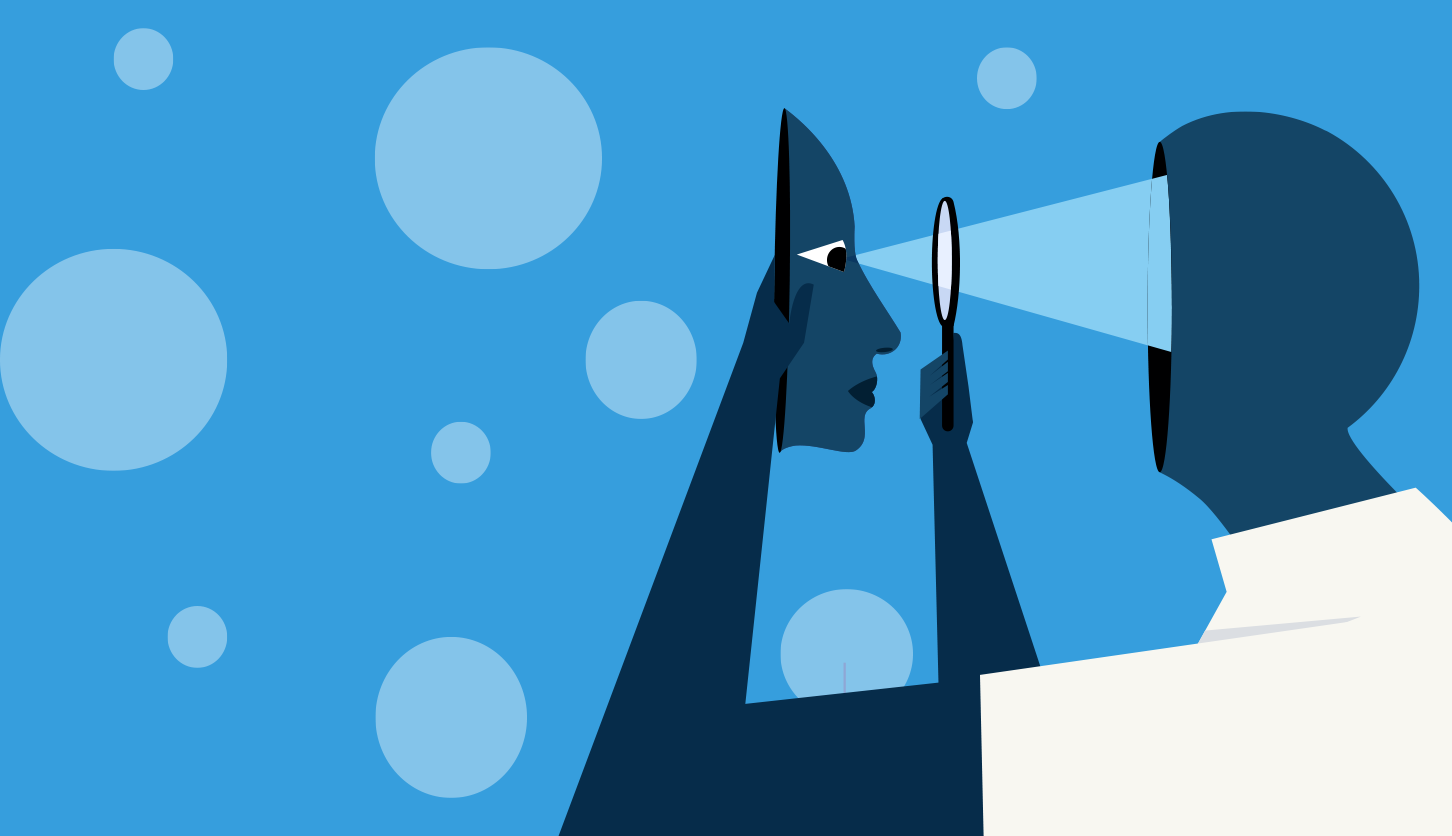Last Updated on June 8, 2023
In 1949 Mental Health America designated May as Mental Health Awareness month, seeking to increase awareness about the importance of mental health and wellness in the lives of all Americans. Unfortunately, 73 years later the mission is the same. A stigma still exists around discussing our mental health, which too often can be an obstacle to individuals seeking necessary treatment and accessing the abundant resources available to help.
This is especially important for older adults. Research shows one in four adults 65 and older experience mental health problems, but two-thirds of seniors don’t get the treatment they need. It’s important to recognize that our mental health is as important as our physical health, and actually affects our physical health. Depression can increase conditions such as diabetes, heart disease and stroke.
Changes in our physical health and life circumstances as we age, such as chronic pain, loss of mobility and the death of a spouse or friends, are likely to affect our mental health. The two go hand-in-hand. More than two million Americans age 65 and older suffer from some sort of depression.
And then there’s the state of the world. Everyone has been affected by the Covid pandemic in some way. Living with chronic stress and anxiety can affect your ability to feel joy from things you love to do, says Dr. Nick Dewan, vice president of behavioral health for Florida Blue.
But mental illness is not a natural part of aging. There are resources available to help you navigate all these events, just like navigating a physical health event.
- If you’re not sure if you or someone you love is experiencing a mental health change or challenge, check out the early warning signs posted here on mentalhealth.gov.
- Advocating for your mental health begins with awareness and honesty. Always talk to your doctor about your mental health and any symptoms you feel. Your doctor can develop a treatment plan to help you feel your best.
- Build a supportive tribe. Reach out to your doctor or a therapist, but also share what you’re feeling or changes your experiencing with a trusted friend or family member. Chances are, they can relate and will provide encouragement.
- Are you new opportunities or is your life growing smaller? When was the last time you did something for the first time? What’s something new you can try this week? Keep growing bolder.
- If you aren’t quite feeling like yourself lately, try taking some small steps to turn things around. Check out this video from Dr. Dewan about setting small goals to improve your mental health.
Dr. Dewan suggests doing something you’ve enjoyed in the past, like visiting a friend. If it’s hard to feel the same joy from things you love, switch it up a little. Listen to new music or walk in a different park. Trying something different can help you rediscover your joy, Dr. Dewan says.
This article was created in partnership with our friends at Florida Blue.
Florida Blue has additional great resources you can try:
- Florida Blue Center community specialists can answer questions help you find local resources. Visit your local center or call 877-352-5830 or learn more at floridablue.com/center
. - Visit the Florida Blue website for more information to support your mental health at floridablue.com/mentalhealth
Remember, there is no health without mental health.
Florida Blue and Florida Blue Medicare are Independent Licensees of the Blue Cross and Blue Shield Association. Florida Blue is a trade name of Blue Cross and Blue Shield of Florida Inc. ©2022 Blue Cross and Blue Shield of Florida, Inc., DBA Florida Blue. All rights reserved.
Y0011_109587 2022_C















